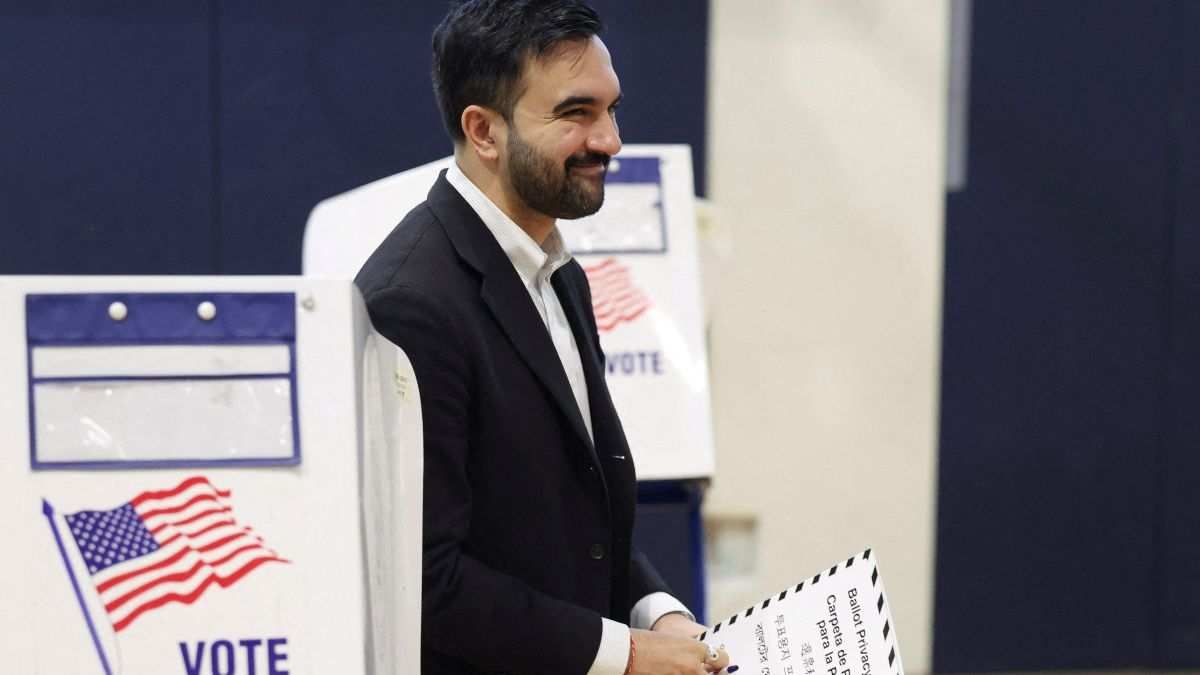It’s Election Day in the United States
It’s the first Tuesday after Nov. 1, which means it’s US election day. Key ballots to watch include the mayoral race in New York City – where democratic socialist Zohran Mamdani is poised to pull off an upset that will echo into national level politics – as well as state Supreme Court races in Pennsylvania, and ballot initiatives on gerrymandering in California. Don’t forget about the New Jersey governor election either, where GOP nominee Jack Ciattarelli is looking to eke out a victory against Democratic nominee Mikie Sherrill. New Jersey was once reliably blue but has been getting more purple in recent years: in 2020 Joe Biden won it by 17 points, but Donald Trump lost by just four last year.
Germany to end asylum for Syrians
German Chancellor Friedrich Merzsays Syrians no longer have grounds for political asylum in his country now that the Syrian civil war is over. Merz called for a repatriation program to ease burdens on Germany and accelerate the rebuilding of Syria, though the United Nations warns Syria still isn’t ready to absorb a large population of returnees. It was exactly ten years ago that Chancellor Angela Merkel declared “Wir schaffen das” (we can do it), establishing a generous asylum policy that welcomed in more than a million Syrians fleeing their country’s horrific civil war. A decade later, with the war over and the far right surging on anti-immigrant backlash, Merz is now saying, “Wir schaffen das nicht.”
Is India buying less Russian oil?
Last month, Trump announced sanctions on Russia’s top two oil companies, in a bid to squeeze the Kremlin’s war effort by scaring off major crude buyers like India and China. Is it working? Preliminary data show India’s imports of Russian oil actually increased slightly in October compared to September. But wait, there’s more: India’s purchases in the second half of October plummeted compared to the first half. That may have something to do with the fact that Trump announced the sanctions on Oct. 23. They don’t take effect until later this month, so we’ll be watching to see what the November data tell us. With Chinese firms now alsoreportedly exploring alternative sources of oil, Russia may in fact start feeling the effects of US sanctions (for more on this, and whether it would change his approach to Ukraine, read here).
